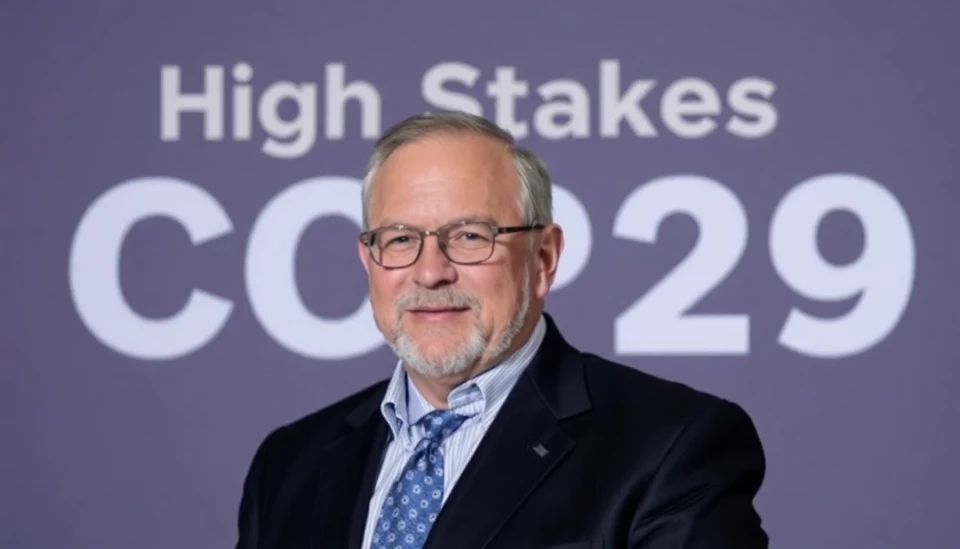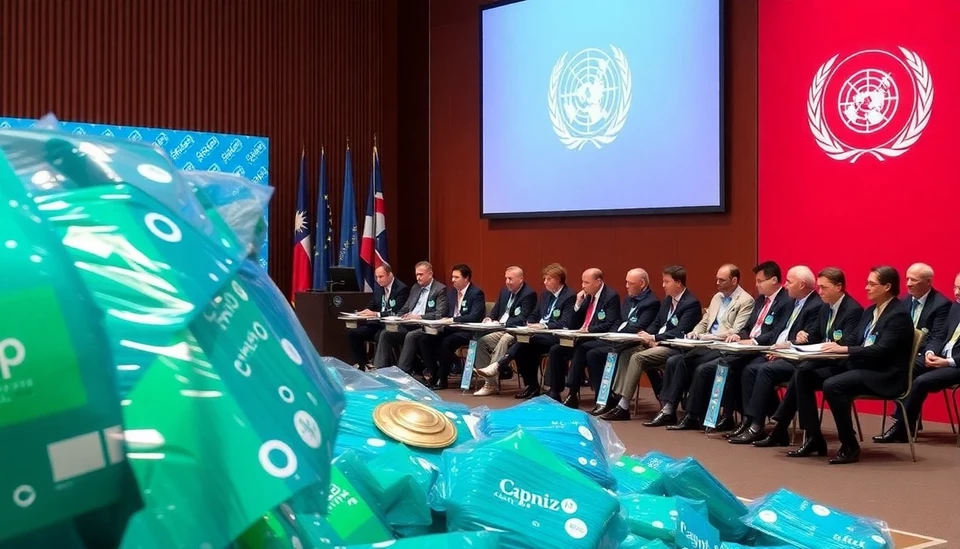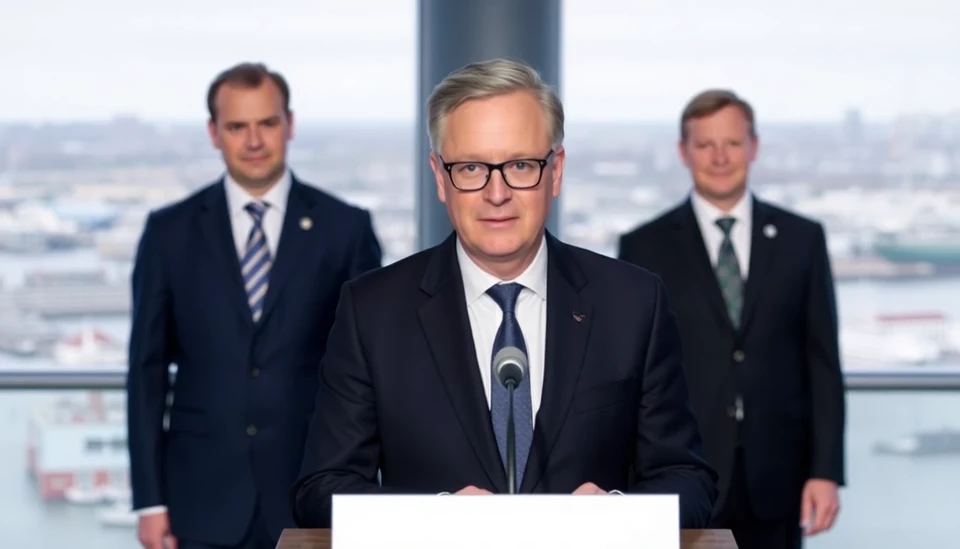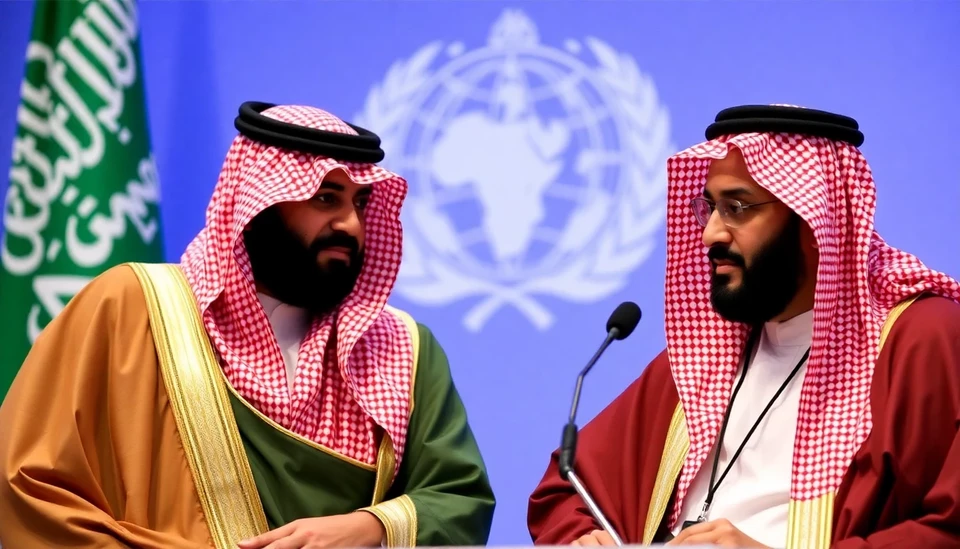
The upcoming COP29 climate summit, set against a backdrop of escalating climate concerns and unprecedented global weather events, brings with it significant anticipation as industry leaders, activists, and political figures prepare to gather. Among the key personalities expected to shape discussions is Darren W. Woods, the CEO of Exxon Mobil. His presence has already stirred controversy and debate given the oil and gas giant's historical role in climate change and public policy surrounding fossil fuel use.
Exxon, a company historically criticized for its stance on climate science, has taken proactive steps to present a more climate-friendly image as the summit approaches. Executives from the firm, including Woods, will likely face scrutiny regarding the effectiveness and sincerity of Exxon’s transition strategies. Many advocates are eager to interrogate the extent to which Exxon is prepared to pivot away from its traditional fossil fuel business in light of global environmental commitments.
Significantly, COP29 is poised to be a pivotal moment for Exxon Mobil, especially as it occurs against a backdrop of heightened awareness about corporate accountability in the climate crisis. Recent studies have highlighted the need for substantial and immediate emissions reductions, pushing forces in both the public and private sectors to reconsider their strategies. As environmental activists rally for stricter regulations and a transformative shift towards renewable energy, the pressure on Woods and his team to demonstrate genuine engagement in sustainable practices is mounting.
Moreover, the evolving dialogue around energy transition technologies will serve as a focal point for discussions. While Exxon has made commitments to carbon capture and storage initiatives, critics argue these efforts may merely serve as a means to extend the life of fossil fuel operations rather than promote a meaningful transition to cleaner energy sources. This dichotomy will undoubtedly play out in Woods’ engagements, as climate activists and forward-thinking corporations await clarity on Exxon's long-term vision.
Adding complexity to the situation is the diverse array of stakeholders poised to participate in COP29. From governments to indigenous groups and business leaders, the summit will serve as a platform for these varied perspectives on climate action. The stakes are undeniably high, as many are fighting for regulatory reforms that prioritize environmental sustainability and social justice. Observers are keen to see whether Exxon will align itself with these emerging priorities or continue to defend its traditional operational model.
As the date nears, public sentiment surrounding Woods’ anticipated address and the role of Exxon at COP29 remains polarized. With increasing public scrutiny over corporate climate practices, this summit presents an opportunity for Woods to either solidify or further undermine Exxon’s standing in the environmental space. Key discussions at COP29 will likely highlight the need for transparency in corporate commitments to reducing carbon footprints and transitioning to sustainable practices. The engagement between Woods and activists could potentially define the summit’s outcome, potentially influencing future corporate policies within the energy sector.
With the world watching, COP29 signifies more than just another climate event; it may well act as a decisive moment for major players like Exxon Mobil, marking either a turning point in corporate climate accountability or a reinforcement of the status quo. As Darren Woods prepares for his second major encounter at COP29, the challenge ahead becomes clear: to genuinely reorient Exxon Mobil towards a sustainable future amidst a sea of critical voices demanding accountability and action.
In summary, COP29 stands as a crucial junction for assessing both the efficacy of corporate climate strategies and the potential for future cooperation between traditional energy producers and the growing demand for sustainable energy solutions.
#COP29 #DarrenWoods #ExxonMobil #ClimateCrisis #EnergyTransition #Sustainability #CorporateAccountability
Author: Megan Clarke




